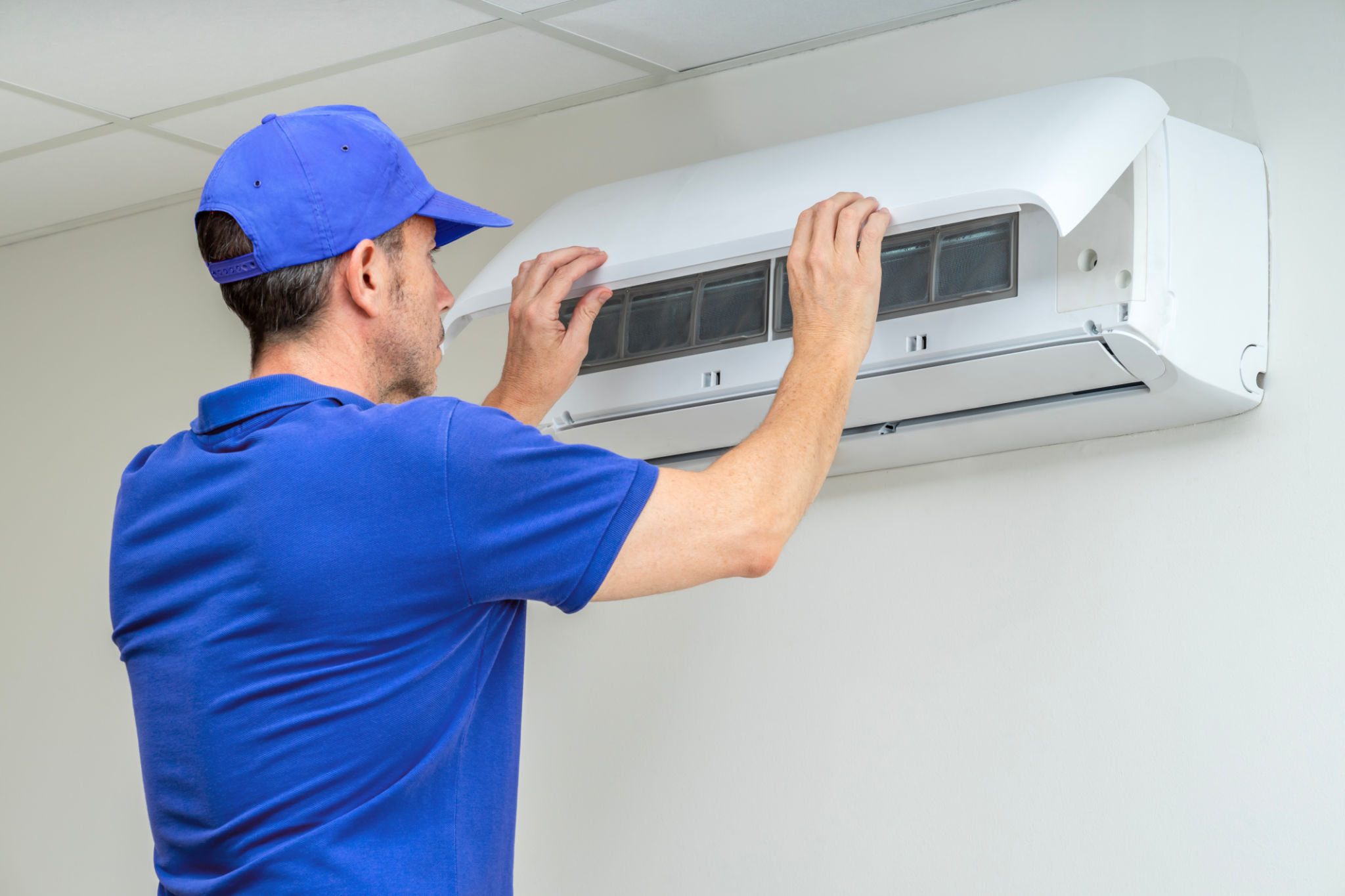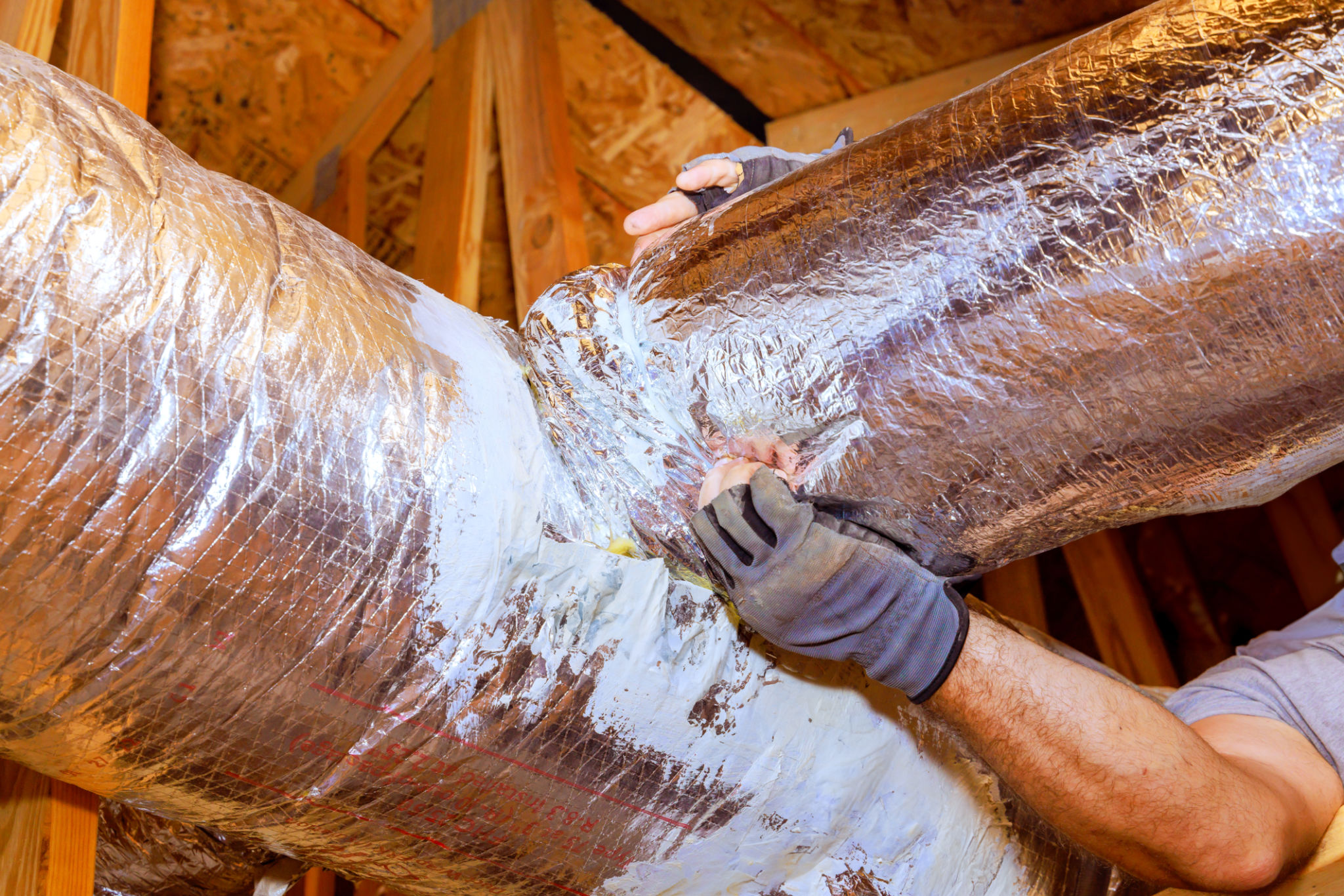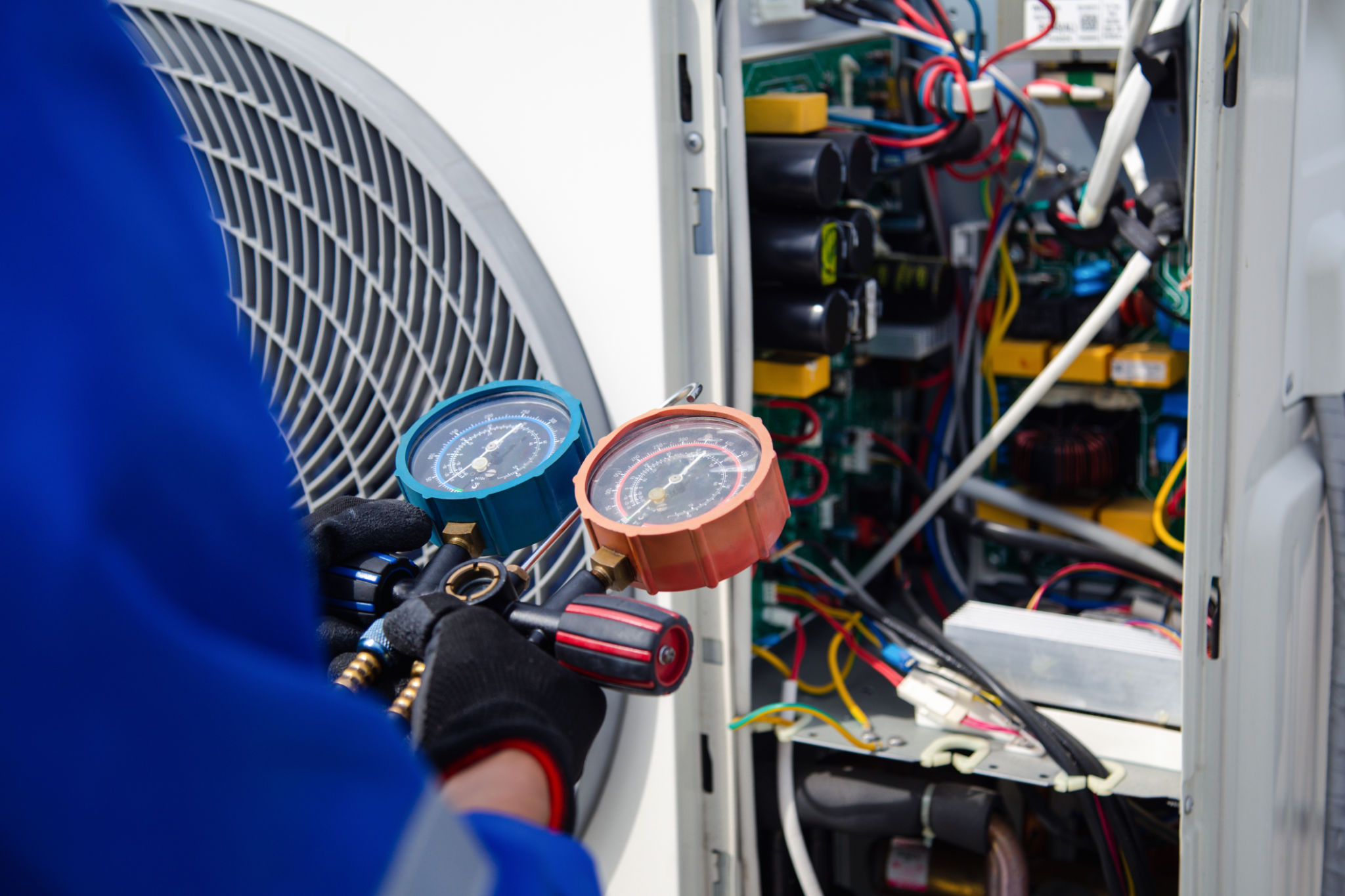Debunking Common HVAC Myths: What Every Homeowner Should Know
Understanding HVAC Myths
When it comes to maintaining a comfortable home environment, HVAC systems play a crucial role. However, there are several misconceptions that can lead to inefficient use and increased costs. By debunking these myths, homeowners can make informed decisions about their HVAC systems and ensure they are operating at peak performance.

Myth 1: Bigger is Always Better
One of the most common misconceptions is that a larger HVAC system will provide better heating and cooling. In reality, an oversized unit can lead to frequent cycling, resulting in increased wear and tear, and inefficiencies. It’s important to choose an appropriately sized system based on your home’s specific needs.
Proper Sizing and Efficiency
An HVAC system that is too large will not run efficiently. It’s essential to work with a professional to determine the correct size of the unit for your home. This ensures not only optimal performance but also energy efficiency, which can lead to cost savings in the long run.
Myth 2: Closing Vents Saves Energy
Many homeowners believe that closing vents in unused rooms will save energy and reduce costs. However, this can actually create pressure imbalances within the system, leading to potential damage and reduced efficiency.

Balanced Airflow is Key
Maintaining a balanced airflow throughout your home is crucial for the efficient operation of your HVAC system. Instead of closing vents, consider using zoned heating and cooling systems that allow for more precise temperature control in different areas of your home.
Myth 3: Maintenance is Optional
Some homeowners might think that regular maintenance is unnecessary, especially if the system seems to be working fine. However, neglecting routine maintenance can lead to unexpected breakdowns and costly repairs.
The Importance of Regular Check-Ups
Routine maintenance helps identify potential issues before they become major problems. Regularly changing filters, cleaning ducts, and scheduling professional inspections can extend the lifespan of your HVAC system and improve its efficiency.

Myth 4: Thermostat Placement Doesn’t Matter
The location of your thermostat can significantly impact your HVAC system’s performance. Placing it in direct sunlight or near heat-producing appliances can cause inaccurate readings, leading to inefficient operation.
Optimal Thermostat Placement
To ensure accurate readings, place your thermostat on an interior wall away from direct sunlight, drafts, and heat sources. This helps maintain the desired temperature throughout your home effectively.
Conclusion
By understanding and debunking these common HVAC myths, homeowners can ensure their systems operate efficiently and effectively. Regular maintenance, proper sizing, and strategic placement are key components of a well-functioning HVAC system. Stay informed and proactive in managing your home’s heating and cooling needs for optimal comfort and savings.
